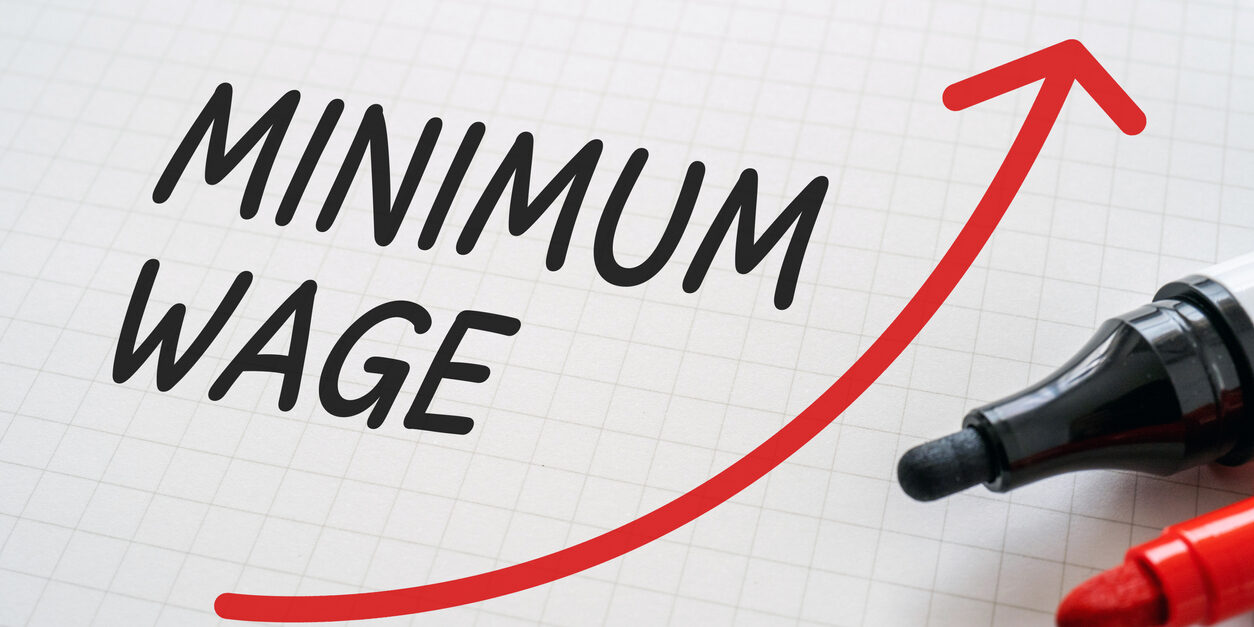Minimum wage increases are something of a hot-button political topic, particularly as the seemingly linear growth in the ‘cost of living’ is in direct competition with the cost of running a business. Both issues have emerged from the frying pan of pandemic uncertainty then plunged into the fire of inflation. Whichever Chris leads your preferred side of the House, an increase to minimum wage may have a direct impact on the overheads of your businesses. If you have not already, it is important that you get up-to-speed with the detail so you do not get caught out.
What is happening?
On Saturday 1 April 2023, the New Zealand statutory minimum wage (payable to all employees over 16 years old) will increase by $1.50 per hour from $21.20 to $22.70 per hour. Starting-Out/Training minimum wage rates continue at 80% of the standard minimum wage, increasing from $16.96 to $18.16 per hour.
All employers with employees on the minimum wage (or a wage close to it) should be cautious not to fall foul of the updated minimums. Businesses should use the opportunity to consider the pay of all affected staff, including those presently earning above the 2022 minimum wage but below the updated $22.70 rate. Business owners may also find there are flow-on effects for staff currently earning above minimum wage who may expect a commensurate increase to their own pay on the basis that “a rising tide should float all boats.”
It may also be a useful opportunity to consider your business and employment structures, including your Gross Profit percentage; business owners should assess resourcing and capacity within their organisations to fully understand the impact of the increase and they should consider whether to recalculate customer prices. If you decide to make changes to your staff numbers or to adjust the price of your goods or services to offset the raised salary cost, you should approach both carefully and with appropriate advice.
Fish-hooks
Any wholesale changes to minimum entitlements bring with them several fishhooks that employers or business owners must be aware of. They include:
- Changes to salary (either up or down) generally constitute a variation to the terms of employment. Any variations should generally be recorded in writing.
- Employers should make sure that leave and other entitlements contained within the Holidays Act 2003 are adjusted to match the updated wages using the correct calculation (ordinary weekly pay or average weekly earnings in the case of annual leave, or relevant or average daily pay in the case of other entitlements like public holidays, sick leave, or bereavement leave); and
- Salaried workers earning approximately $47,200 per annum or less for a 40-hour work week will now be on the cusp, or below, the minimum wage. You should review the remuneration of those affected staff. Keep in mind that if a minimum-wage salaried employee works any more than their contracted hours, their total income may unlawfully dip below the minimum wage;
If you think your business will be impacted by the minimum wage hike, including if you are considering undergoing a restructure to mitigate the effects of the change, contact Dylan Pine at Steindle Williams Legal for a confidential discussion about the best options for your organisation.


